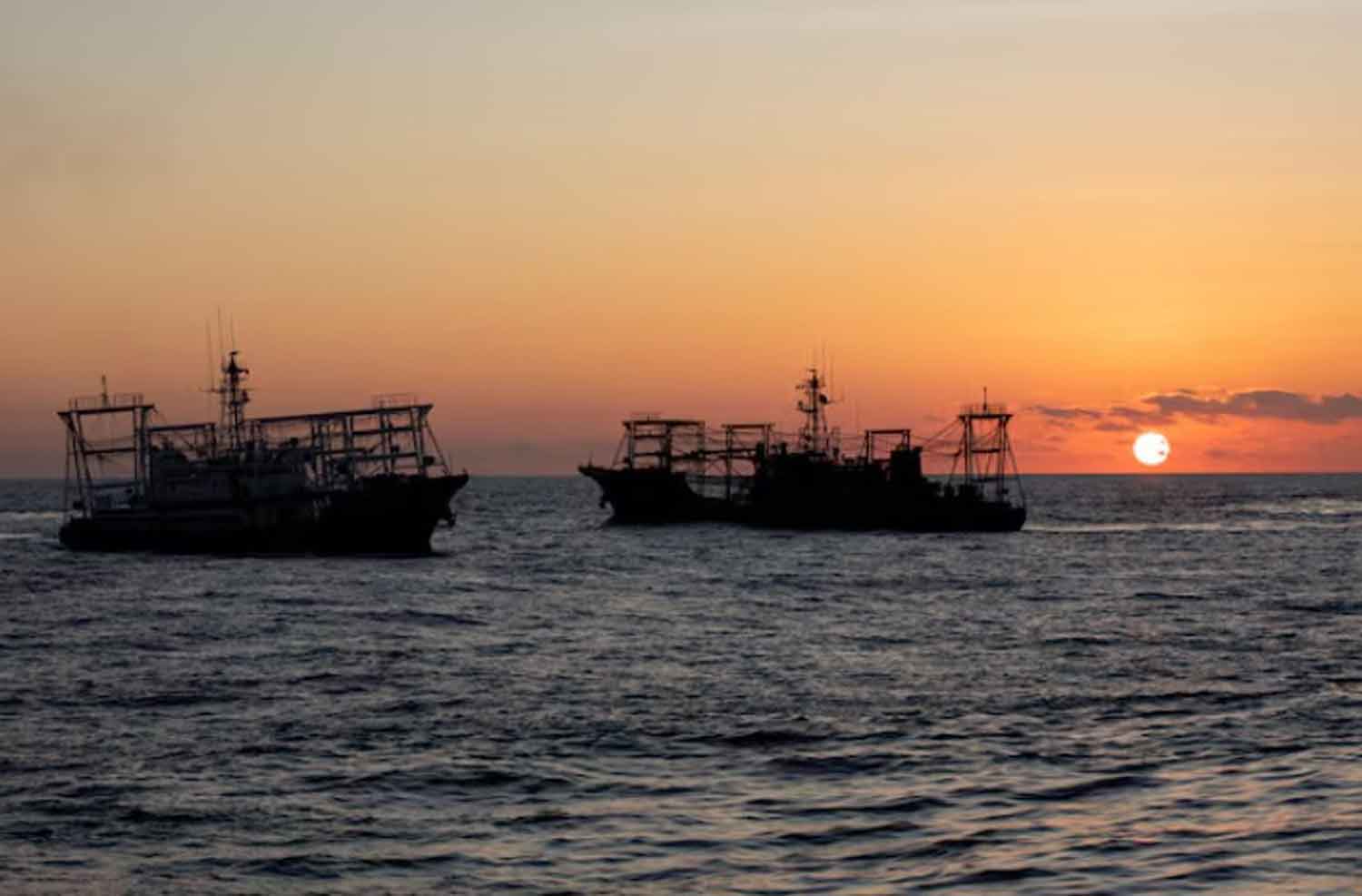Iran has facilitated ongoing clandestine negotiations between Russia and Yemen’s Houthi rebels regarding the potential transfer of anti-ship missiles to the militant group, according to three Western and regional sources. This development underscores the strengthening relationship between Tehran and Moscow.
Seven sources indicated that Russia has not yet made a decision on whether to supply the Yakhont missiles, also referred to as P-800 Oniks. Experts believe that these missiles would enable the Houthis to target commercial vessels in the Red Sea with greater precision, thereby heightening the risk to U.S. and European naval forces tasked with their protection.
The Wall Street Journal reported in July that Russia was contemplating the missile transfer, while Iran’s intermediary role had not been disclosed prior to this.
Since November, the Houthis have conducted multiple drone and missile attacks on vessels in the vital shipping lanes of the Red Sea, ostensibly to express solidarity with Palestinians amid the ongoing conflict with Israel. They have successfully sunk at least two ships and captured another, which has disrupted global maritime operations, compelling shipping companies to reroute their cargoes and, as reported by industry sources, increasing insurance premiums for vessels operating in the Red Sea.
The United States and Britain have targeted Houthi positions; however, these actions have not succeeded in halting the group’s assaults. According to two regional officials familiar with the discussions, the Houthis and Russian representatives have convened in Tehran at least twice this year, with ongoing negotiations regarding the provision of numerous missiles that possess a range of approximately 300 km (186 miles). Additional meetings in Tehran are anticipated in the coming weeks.
Russia has previously supplied the Yakhont missile to Hezbollah, which is backed by Iran. One source indicated that these discussions commenced under the administration of Iranian President Ebrahim Raisi, who tragically passed away in a helicopter crash in May. A Western intelligence source stated, “Russia is in talks with the Houthis regarding the transfer of Yakhont supersonic anti-ship missiles.” It was noted that while the Iranians are facilitating these negotiations, they prefer to remain unacknowledged in the process.
Neither the Iranian mission to the U.N. nor the Russian Defense Ministry provided comments when approached. Mohamed Abdel-Salam, the official spokesperson for the Houthis, stated, “We have no knowledge of what you have mentioned.” A senior U.S. official refrained from specifying the systems that might be transferred but confirmed that discussions about supplying missiles to the Houthis are indeed taking place, labeling the situation as “very worrisome.” A U.S. Defense Department official remarked that any attempts to enhance the Houthis’ capabilities would “undermine the shared international interest in global freedom of navigation and stability in the Red Sea and broader Middle East.”
Russia and Iran have been strengthening their military collaboration in light of Russia’s ongoing conflict in Ukraine. Earlier this month, the United States reported that Tehran has allegedly supplied ballistic missiles to Moscow for deployment against Ukraine.
According to three sources, one reason for Moscow’s support of the Houthis is the concern that Western nations might permit Ukraine to utilize their weaponry to extend strikes deeper into Russian territory.
A senior U.S. official indicated that discussions between Russia and the Houthis appear to be connected to the U.S. stance on Ukraine and its willingness to accommodate Kyiv’s requests for the removal of restrictions on the use of long-range U.S.-provided weapons for targeting locations within Russia.
In June, Russian President Vladimir Putin cautioned that Moscow might provide advanced long-range weaponry—comparable to what the U.S. and its allies supply to Ukraine—to adversaries of the West globally.
The Yakhont missile is recognized as one of the most sophisticated anti-ship missiles in existence, engineered to skim just above the ocean’s surface to evade detection while traveling at speeds exceeding twice the speed of sound, which complicates interception efforts.
Fabian Hinz, a ballistic missile expert at the International Institute for Strategic Studies, indicated that Russia’s provision of Yakhont missiles to the Houthis would significantly alter the security landscape in the region. Hinz noted, “The P-800 is a considerably more advanced system compared to the anti-ship ballistic and cruise missiles previously utilized by the Houthis.”
He explained that the Houthis could target U.S., British, and other naval vessels that have been safeguarding commercial shipping in the Red Sea from Houthi drone and missile threats. Additionally, these missiles could serve as land-attack weapons, posing a potential risk to Saudi Arabia.
A senior U.S. official revealed that a group of U.S. representatives engaged in discussions regarding the Russia-Houthi negotiations with Saudi officials during a visit to Saudi Arabia this summer, and that the U.S. has addressed the matter with Moscow. Sources informed Reuters that the Saudis have also expressed their concerns directly to the Russian government.
The Saudi government has not provided a response to requests for comments. Hinz emphasized that Russia would need to assist with the technical details of missile delivery, including ensuring the transfer and operationalization of the missiles without detection by the United States. Furthermore, the Houthis would require training on the system.
The senior U.S. official cautioned that the consequences of such a transfer could be severe. “The Saudis are alarmed. We are alarmed, and other regional partners are alarmed,” the official stated. “The Houthis are already inflicting significant damage in the Red Sea, and this development would empower them further.”
Discover more from Defence Talks | Defense News Hub, Military Updates, Security Insights
Subscribe to get the latest posts sent to your email.





